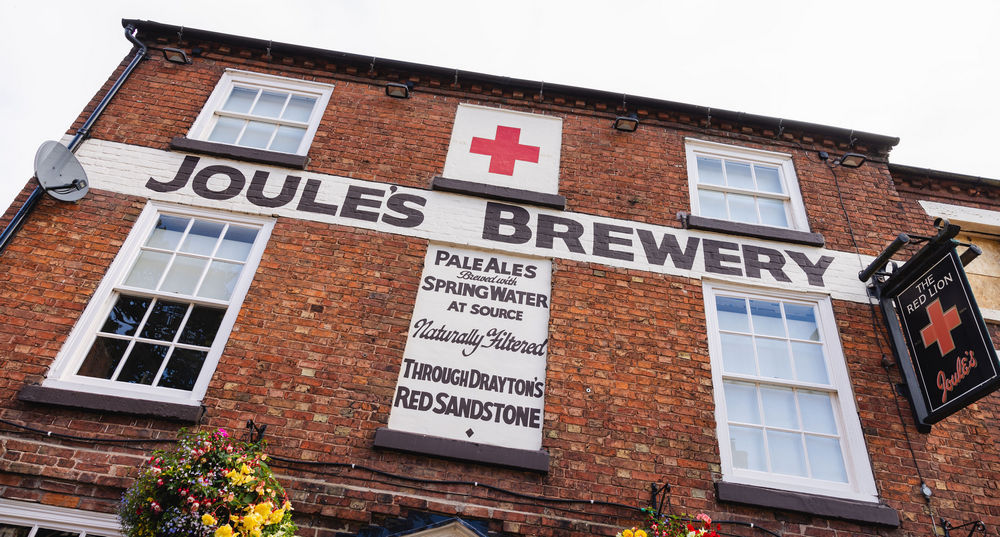UK communities could benefit from a new wave of hospitality venues as the government slashes red tape to breathe new life into high streets.

Photograph: Jonas Jacobsson/Unsplash
It is to introduce a new National Licensing Policy Framework, which, it says, will modernise outdated planning and licensing rules. This will cut the cost, complexity, and time it takes to open and operate hospitality venues, and help small businesses grow and communities reconnect.
The reforms will make it easier to convert disused shops into hospitality venues, and protect long-standing pubs, clubs, and music venues from noise complaints by new developments.
As part of this, the government will introduce the ‘agent of change’ principle into national planning and licensing policy. This means developers will be responsible for soundproofing their buildings if they choose to build near existing pubs, clubs, or music venues.
New dedicated ‘hospitality zones’ will also be introduced, where permissions for alfresco dining, street parties, and extended opening hours will be fast-tracked.
The new National Licensing Policy Framework will streamline and standardise the process for securing planning permission and licences, removing the patchwork of local rules that currently delay or deter small businesses from opening. This means that entrepreneurs looking to turn empty shops into cafés, bars, or music venues will face fewer forms, faster decisions, and lower costs, says the government.
This transformation is already under way through the High Street Rental Auction Scheme, which gives councils the power to auction off leases for commercial properties that have been vacant for over a year.
The plans come ahead of the launch of the government’s Small Business Plan, which will set out further steps to unlock the full potential of the UK’s 5.5 million SMEs (small and medium-sized enterprises). These collectively contribute £2.8 trillion in turnover and provide 60% of all private sector jobs.
“This government has a plan to replace shuttered-up shops with vibrant places to socialise, turning them into thriving cafés or busy bars, which supports local jobs and gives people a place to get together and catch up over a beer or a coffee,” said business and trade secretary Jonathan Reynolds.
“Red tape has stood in the way of people’s business ideas for too long. Today we’re slashing those barriers to giving small business owners the freedom to flourish.
“From faster café openings to easier alfresco dining, our Plan for Change will put the buzz back into our town centres and money back into the pockets of local entrepreneurs, because when small businesses thrive, communities come alive.”

Binning the bureaucracy. Photograph: Unsplash/Wesley Tingey
Chancellor of the Exchequer, Rachel Reeves, said: “Whether it’s cheering on the Lionesses or catching up with friends, our pubs and bars are at the heart of British life.
“For too long, they’ve been stifled by clunky, outdated rules. We’re binning them — to protect pavement pints, al fresco dining and street parties — not just for the summer, but all year round.
“Through our Plan for Change, we’re backing small businesses and bringing good times back to the high street.”
These plans, subject to an initial call for evidence in due course, will be delivered as soon as possible as part of the government’s commitment to reduce the administrative costs of regulation by at least 25%, the announcement says.
Emma McClarkin, chief executive of the British Beer and Pub Association, said: “After bringing together key voices in the pubs and the wider hospitality sector, it’s great news that many of the industry’s recommendations on how best to cut red tape and support growth will be acted on.
“Red tape smothers pubs and wider hospitality, which means communities and the economy miss out, so, given pubs are struggling right now, it’s vital these are implemented at pace.
“These changes must go hand in hand with meaningful business rates reform, mitigating staggering employment costs, and a cut in beer duty, so that pubs can thrive at the heart of the community.”




